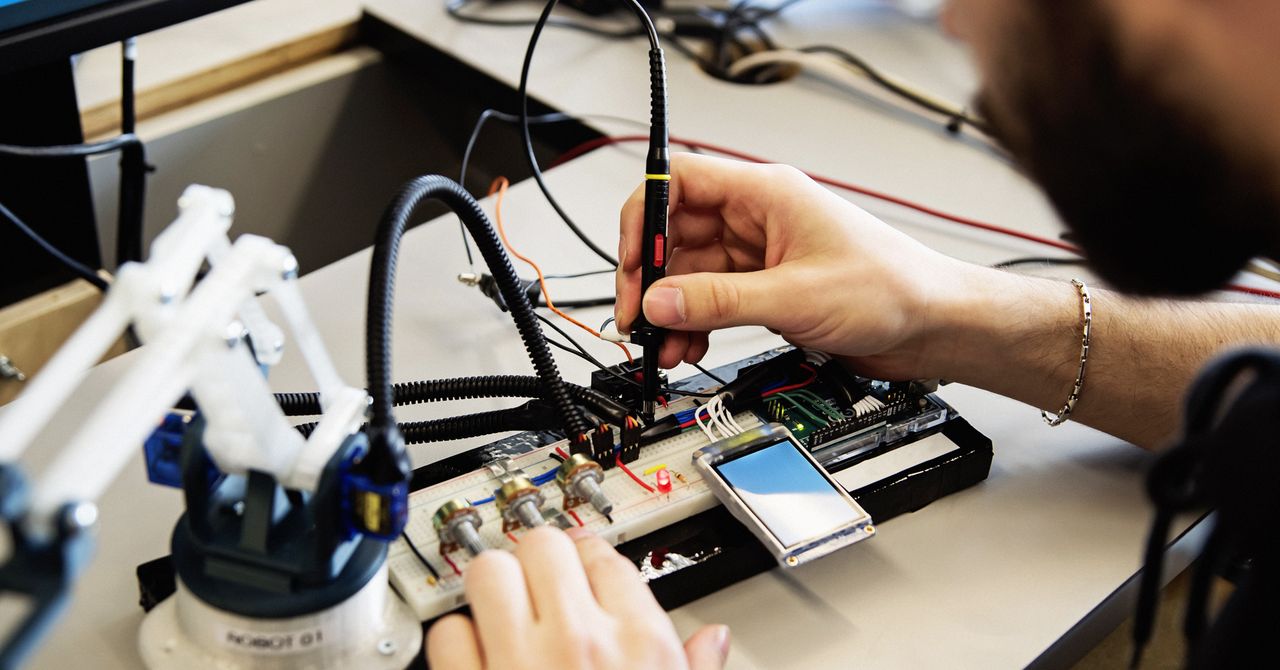What about AI? If artificial intelligence takes over, some argue, there’s little point in studying physics or any science. AI could be doing half your job before you even get your degree. But that argument ignores why people study science in the first place. It’s to figure out new things, to ask questions uncurious bots would never dream of. Humans love that whole problem-solving process. It’s why they like to get the sides of Rubik’s cube to match. Yes, it’s possible that a robot could do it faster, but that’s not the point. Science is one of the things that makes people human.
The second thing to think about is that AI is a tool. Scientists have been using AI to help them understand things for a while now. For instance, consider a giant particle accelerator (like the one at CERN in Switzerland). While it’s running, it generates tremendous amounts of data. Using machine learning, scientists can process vast amounts of information to look for patterns that might take a human an eternity to go through. It’s the perfect combination of humans and machines working together. The AI does the boring stuff, and people do the fun stuff. Win-win.
Now, about the funding. It’s very common to think of science as a way to get stuff. If you don’t get anything from science then you shouldn’t give anything (money) to it. Politicians often bring up scientific investigations that seem unnecessary, like creating “transgender mice,” when trying to discredit research and the universities that do it. This leaves the researchers in the position of saying “Well, that’s not actually what we are doing” and “Here’s why this is actually useful,” but even when they’re heard it’s often the case that the damage has already been done. Such comments still shake faith in science and lead to the termination of grants.
But thinking about science in terms of return on investment misses the point. It’s not only silly, it’s often wrong. Consider the story of Heinrich Hertz. In 1886 he used an electric oscillator to produce a spark in another device across the room. In short, he showed the existence of electromagnetic waves. At the time, he was asked what this could be used for to make society better. His answer: “It’s of no use whatsoever.” This is a very important example, because Hertz didn’t do this to get cool things or to make money for investors—but his findings paved the way for all manner of very valuable products. Namely: Wi-Fi, Bluetooth, radios, TVs, and so much more. Hertz, I’d like to note, was a professor at the time.
The point is, STEM is just like all the other majors. You should go into these fields because you think they’re awesome. Maybe you will build a real-life lightsaber—but if you don’t you might just find new ways to turn on the TV.



